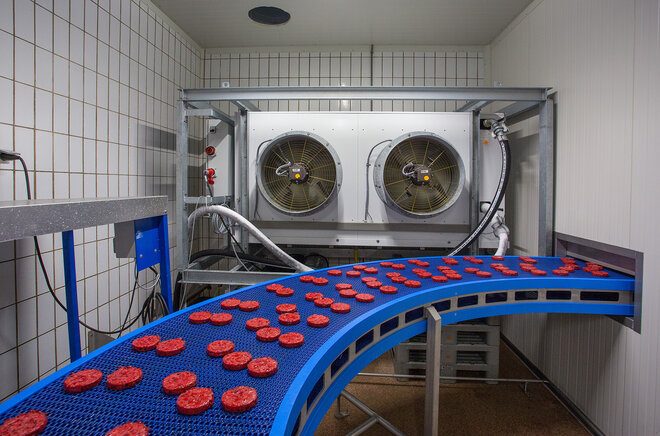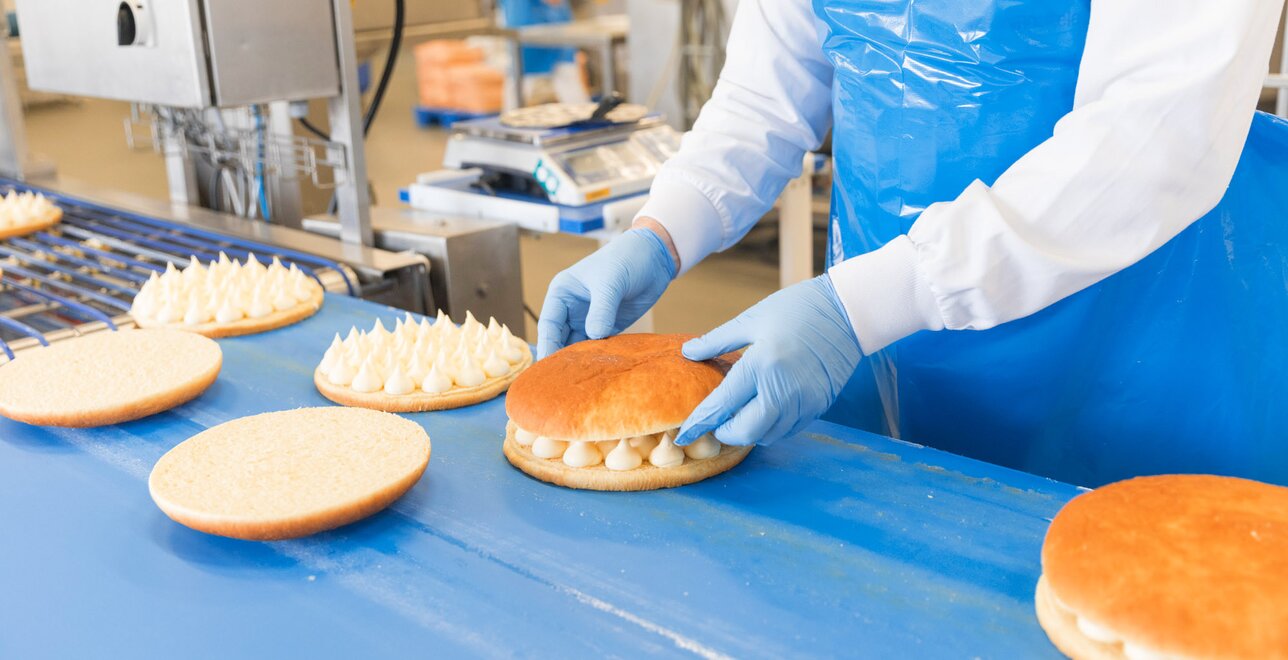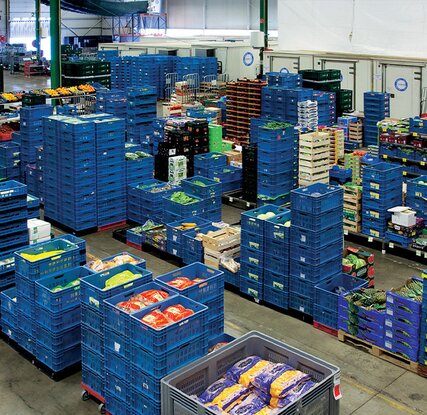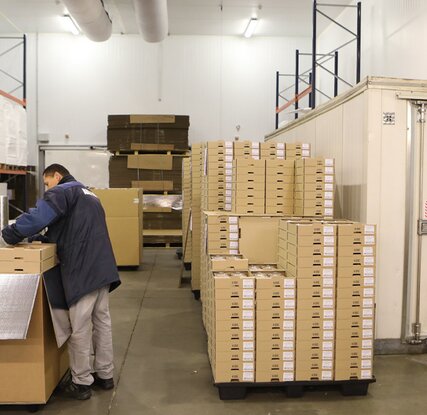Food processing in the food Industry: solutions for efficiency and quality

Is food processing important to the food industry? In the rapidly evolving food industry, food processing plays a central role in delivering high-quality products to an increasingly demanding market.
Innovative solutions for efficient food processing
Automation of processes
In the rapidly evolving world of the food industry, automation and robotics are increasingly becoming the driving forces behind efficient production processes. Automating production processes ensures higher productivity and improved accuracy.
Data analysis and artificial Intelligence
The use of data analysis and artificial intelligence is transforming the food processing industry. These technologies assist in predicting demand, optimizing inventory management, and minimizing waste.
New packaging solutions
Innovations in packaging technology contribute to both the freshness of products and extended shelf life. Packaging solutions ensure a longer product lifespan and reduced environmental impact.
"Maintaining the right temperature is not just a practice; it's the certainty of quality, safety, and endurance in the food industry."
The impact of innovation in food processing
-
Growth trajectory:
- The global food processing equipment market size was valued at approximately $68 billion in 2020 and is projected to reach over $89 billion by 2025, with a CAGR of around 6% during the forecast period.
- The steady growth of the food processing equipment market is driven by factors such as increasing demand for processed and convenience foods, technological advancements in food processing machinery, and stringent food safety regulations.
-
Employment opportunities:
- Food processing plays a significant role in job creation worldwide. According to the Food and Agriculture Organization (FAO) of the United Nations, the food processing sector employs over 1.3 billion people globally, making it one of the largest employers in the world.
- The sector offers diverse employment opportunities across various stages of food processing, including production, packaging, quality control, research and development, and distribution.
-
Efficiency gains:
- Food processing technologies have significantly improved efficiency and productivity in the food industry. For example, high-pressure processing (HPP) technology extends the shelf life of foods without the need for heat or preservatives, preserving the nutritional quality and sensory attributes of the products.
- Advanced processing equipment, such as automated slicing and dicing machines, reduce manual labor and processing time, leading to cost savings and increased throughput for food manufacturers.
-
Food safety enhancement:
- Food processing plays a crucial role in enhancing food safety and reducing the risk of foodborne illnesses. Technologies such as pasteurization, sterilization, and irradiation kill harmful bacteria and pathogens, ensuring the safety of processed foods.
- Stringent quality control measures and regulatory standards govern food processing operations to uphold food safety and hygiene standards throughout the production process.
-
Sustainable practices:
- The food processing industry is increasingly adopting sustainable practices to minimize environmental impact and reduce waste. Innovative technologies, such as water recycling systems and energy-efficient processing equipment, contribute to resource conservation and environmental sustainability.
- Additionally, food waste reduction initiatives, such as repurposing by-products and implementing circular economy principles, are gaining traction within the food processing sector to promote sustainability.
The role of temperature in food processing for quality and safety
In the complex world of food processing, where precision and care are paramount, temperature emerges as a critical factor that profoundly influences the quality, safety, and overall success of the industry.

Quality control and consistency
Temperature monitoring is a cornerstone of quality control in food processing. Consistency in temperature throughout various stages of production ensures quality in the final product. This not only meets regulatory standards but also enhances consumer trust in the brand and industry.
Regulatory compliance and food safety standards
The food processing industry operates within a framework of stringent regulations and safety standards. Compliance with temperature guidelines is not only a legal requirement but also a commitment to consumer well-being.

Temperature-driven innovations in food processing
The dynamic field of food processing continually sees innovations driven by advancements in temperature control technologies. From novel heating and cooling methods to smart packaging solutions, exploring how temperature-driven innovations shape the industry provides a glimpse into the future of efficient, sustainable, and high-quality food production.
Temperature's integral role in food processing
Temperature in food processing goes beyond preservation and safety. It shapes sensory attributes and nutritional value. Precise control ensures desired texture, flavor, and color. It also preserves vitamins and minerals, while eliminating harmful microorganisms and preventing spoilage. Energy-efficient management minimizes costs and environmental impact. In a changing world, robust practices maintain resilient supply chains. Innovations like high-pressure processing drive quality and efficiency.
Find out how Coolworld helps the food processing industry.



